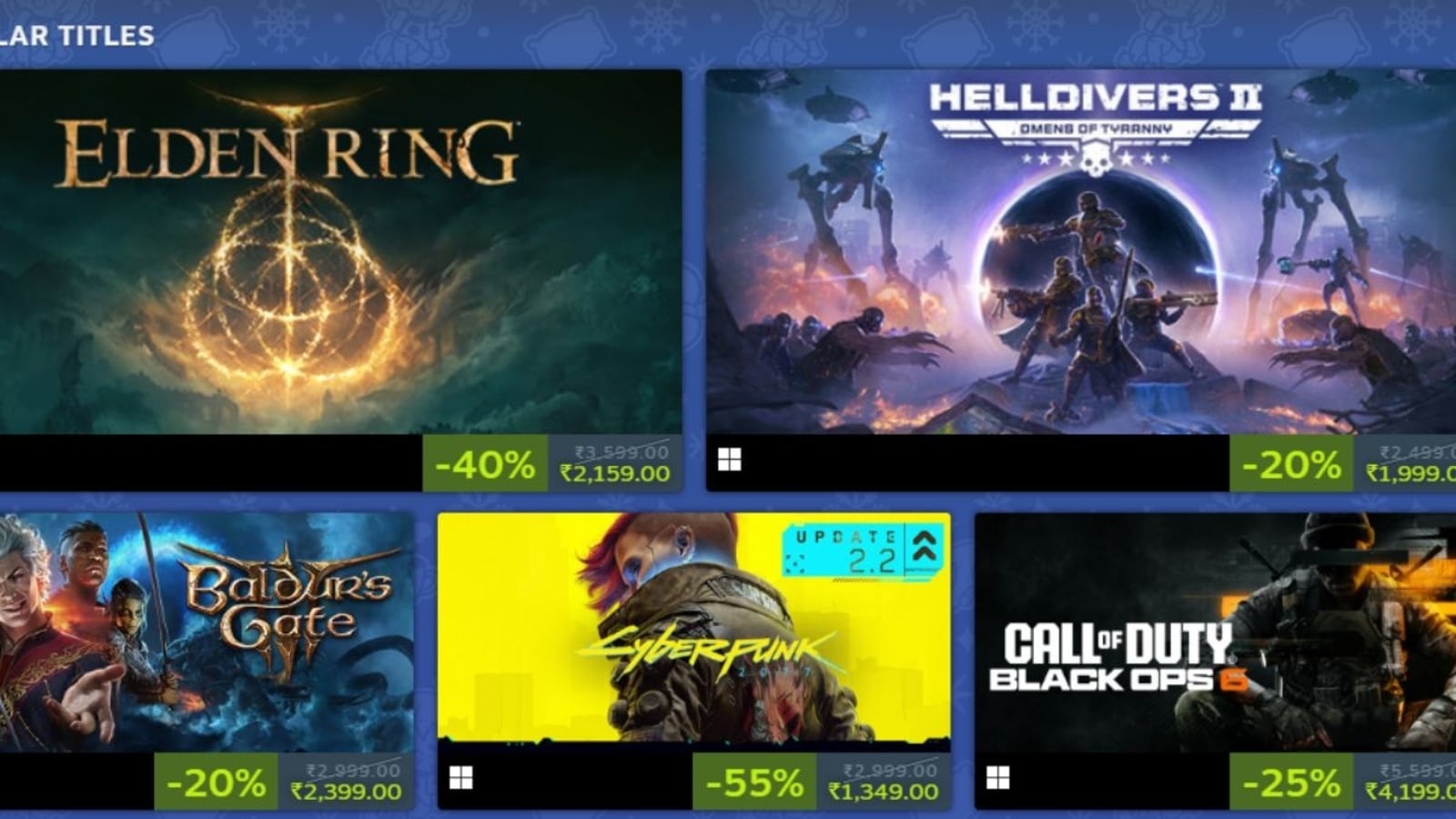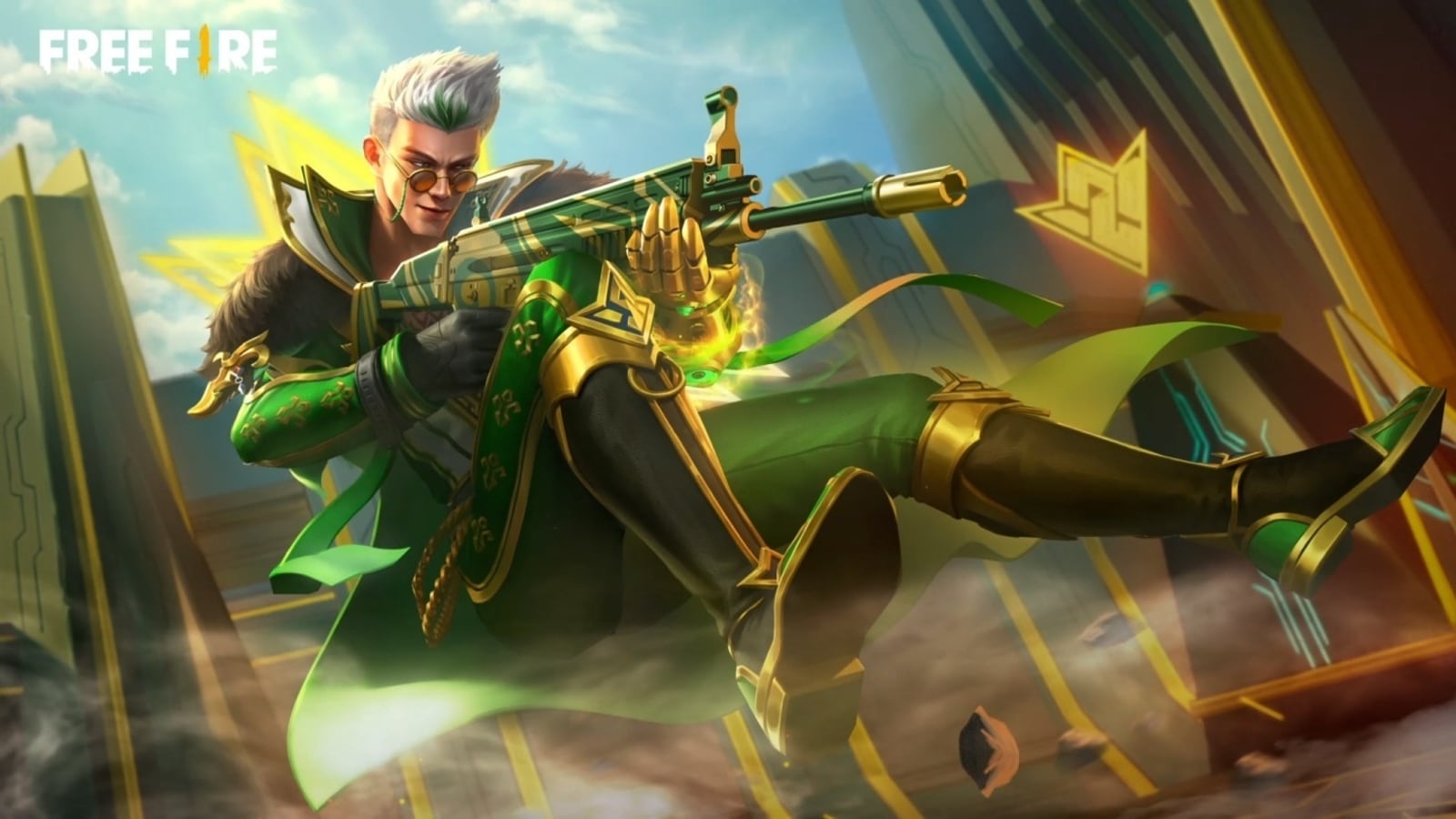As frustration at Germany for seemingly dragging its feet on sending Ukraine advanced Leopard 2 tanks mounted on Saturday, Ukrainian officials indicated that they believed it would be only a matter of time before the sophisticated weapons arrived.
Ukraine’s defense minister, Oleksii Reznikov, said that he was “optimistic” that Germany would decide to allow transfers of the Leopards and that his country’s troops would begin training on the tanks in Poland in the meantime. Poland did not immediately confirm that.
“Countries that already have Leopard tanks can begin training missions for our tank crews,” Mr. Reznikov told Voice of America’s Ukrainian service on Friday. “We will start with that, and we will go from there.”
Many Western defense officials meeting in Germany on Friday had hoped to reach a deal on sending the German-made tanks, which are stocked by many European countries and which Ukraine sees as crucial to its war effort. But the meeting ended without a decision from Germany, which so far has resisted sending its own Leopards to Ukraine or giving other countries that have them the necessary approval to export them.
Germany has also pushed for the United States to send some of its own tanks, but on Saturday criticism was largely falling on Berlin.
Mykhailo Podolyak, an adviser to President Volodymyr Zelensky of Ukraine, said that the “indecision is killing more of our people.”
“You’ll help Ukraine with the necessary weapons anyway and realize that there is no other option to end the war,” he wrote on Twitter, adding: “Every day of delay is the death of Ukrainians. Think faster.”
Poland’s defense ministry did not immediately respond to a request for confirmation that it would host the training of Ukrainian troops, but Polish officials have urged Germany to clear the way for Leopards. The Polish government has said it stands ready to send some of its own, though legally it needs Germany to sign off on any such move.
Ukraine’s appeals for tanks and more weapons from the West have taken on greater urgency ahead of an expected Russian offensive in the spring. And Russia’s recent claims to have captured the small towns of Soledar and Klishchiivka — part of a broader push to seize the city of Bakhmut in eastern Ukraine — have added to growing pressure.
The war overall “is in a state of deadlock,” Britain’s defense ministry said on Saturday, but it warned that there was “a realistic possibility of local Russian advances around Bakhmut.”
Mr. Zelensky, who had appealed in a video address to the defense officials gathered on Friday in Germany to make a decision on tanks, stressed that time was of the essence.
“We will still have to fight for the supply of modern tanks, but every day we make it more obvious there is no alternative to making the decision on tanks,” he said in his overnight address, adding: “The only thing worth emphasizing is the time, the delivery time. Each agreement must be implemented as quickly as possible.”
Several of Ukraine’s allies also urged quick action on Saturday while continuing to put pressure on Germany. In a joint statement, the foreign ministers of Estonia, Latvia and Lithuania urged Germany to “provide Leopard tanks to Ukraine now.”
“This is needed to stop Russian aggression, help Ukraine and restore peace in Europe quickly,” they said in statements posted on Twitter. “Germany as the leading European power has special responsibility in this regard.”
In recent weeks, the West has pledged increasingly sophisticated weapons for Ukraine, agreeing to send Patriot missile systems and armored fighting vehicles, despite earlier fears that Russia would see the provision of those weapons as a provocation. But Western-made tanks, which are more powerful, have been a sticking point. Britain this week confirmed it would send a small number of Challenger 2 tanks, as part of wider efforts to persuade other Western nations to offer similar support.
But Germany has been reluctant to send in some of its Leopard 2 tanks without Washington’s pledging to send at least a token number of its M1 Abrams tanks. Washington has argued against sending Abrams tanks, saying that they use jet fuel and are difficult to maintain. The defense secretary, Lloyd J. Austin III, said Friday that he had no announcement on whether that stance would change.
American and German officials made a point on Friday to dismiss any suggestion of acrimony in the impasse. Mr. Austin and his German counterpart, Boris Pistorius, denied that there were demands connecting American and German tanks, but provided no explanation for what was stalling a deal, and emphasized that tanks could still come someday. Mr. Pistorius said he had ordered his ministry to begin an inventory of its Leopard tanks and to prepare for training of Ukrainian soldiers in case of a future deal, nothing that he would welcome similar preparations by other European countries.
Senator Lindsey Graham, Republican of South Carolina, who has been vocal about sending more weapons to Ukraine and was in Kyiv on Friday, said he was “tired of the s***show surrounding who is going to send tanks and when are they going to send them.”
“To the Germans: Send tanks to Ukraine because they need them. It is in your own national interest that Putin loses in Ukraine,” he wrote on Twitter late Friday. “To the Biden Administration: Send American tanks so that others will follow our lead.”
When asked by a reporter on Friday if he supported Poland’s call to send Leopards, President Biden was brief. “Ukraine is going to get all the help they need,” he said.

























